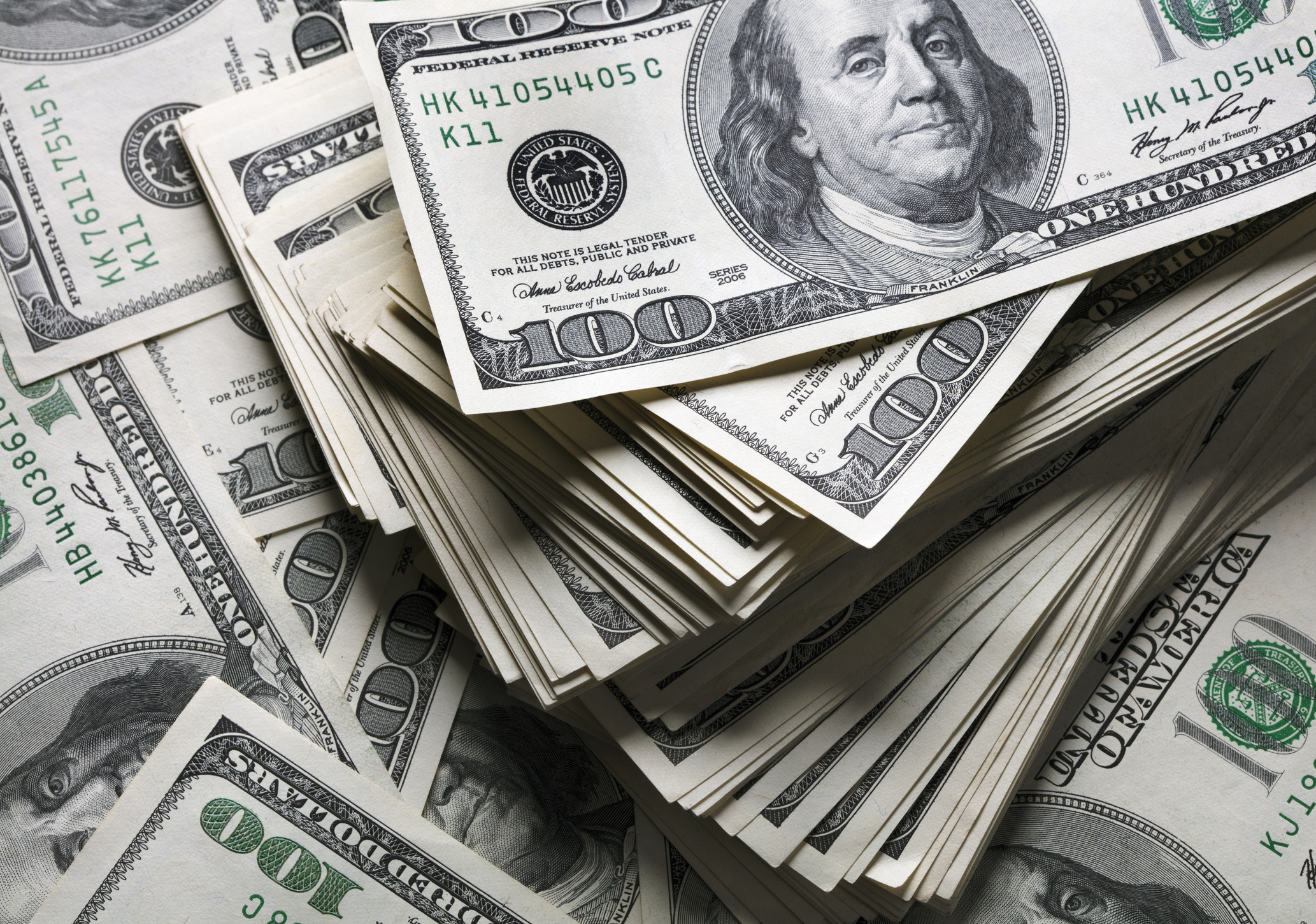Rise of the COVID-era millionaires
And more of the week's best financial insight

A free daily email with the biggest news stories of the day – and the best features from TheWeek.com
You are now subscribed
Your newsletter sign-up was successful
Here are three of the week's top pieces of financial insight, gathered from around the web:
Credit-card fees now more common
"It's getting more expensive to pay with a credit card," said AnnaMaria Andriotis at The Wall Street Journal. Five years ago, only around 2 percent of businesses charged a fee for purchases made with a credit card. But the coronavirus "sent more businesses in search of revenue to make up for lost sales." Some of these new credit-card surcharges are small. Karen's Dairy Grove ice cream parlor outside Cleveland said it has started "charging an extra quarter when customers use credit cards for purchases of less than $5." But the numbers add up. The owners of an outdoor power equipment business in Michigan said they are "saving tens of thousands of dollars a year" by passing on card companies' fees to customers — or encouraging them to pay with debit cards, which carry lower fees for merchants.
The Week
Escape your echo chamber. Get the facts behind the news, plus analysis from multiple perspectives.

Sign up for The Week's Free Newsletters
From our morning news briefing to a weekly Good News Newsletter, get the best of The Week delivered directly to your inbox.
From our morning news briefing to a weekly Good News Newsletter, get the best of The Week delivered directly to your inbox.
Fewer Americans paid taxes in 2020
Almost 107 million households owed no federal income taxes in 2020, said Andrew Keshner at MarketWatch. It was a 40 percent increase year-over-year "from the almost 76 million households who didn't have a federal income tax bill in 2019." The tax bill shrank for many households because of two rounds of stimulus checks provided by the government, which essentially served as refundable tax credits. Approximately 22 million people were also laid off early in the pandemic, reducing their tax liability even further. The March 2021 stimulus package then "exempted the first $10,200 in jobless benefits." The number of households without a federal income tax bill is expected to remain high in 2021 as well, thanks to increases in the child tax credit and the earned income tax credit.
Rise of the COVID-era millionaires
The number of 401(k) accounts and Individual Retirement Accounts with balances of at least $1 million at Fidelity Investments grew 74.5 percent in the past year, said Suzanne Woolley at Bloomberg. Seven-figure retirement accounts remain "a small percentage of tens of millions of accounts at the massive fund manager." But the run-up in the market in the past 12 months has lifted almost every balance. "The average 401(k) held $129,300 at the end of the second quarter of 2021, up 24 percent from a year ago." More people also seem to be taking advantage of their excess savings. A record 18.2 percent of accounts held by Baby Boomers received a "catch-up" contribution — up to $6,500 on top of standard annual limits — in the second quarter.
A free daily email with the biggest news stories of the day – and the best features from TheWeek.com
This article was first published in the latest issue of The Week magazine. If you want to read more like it, you can try six risk-free issues of the magazine here.